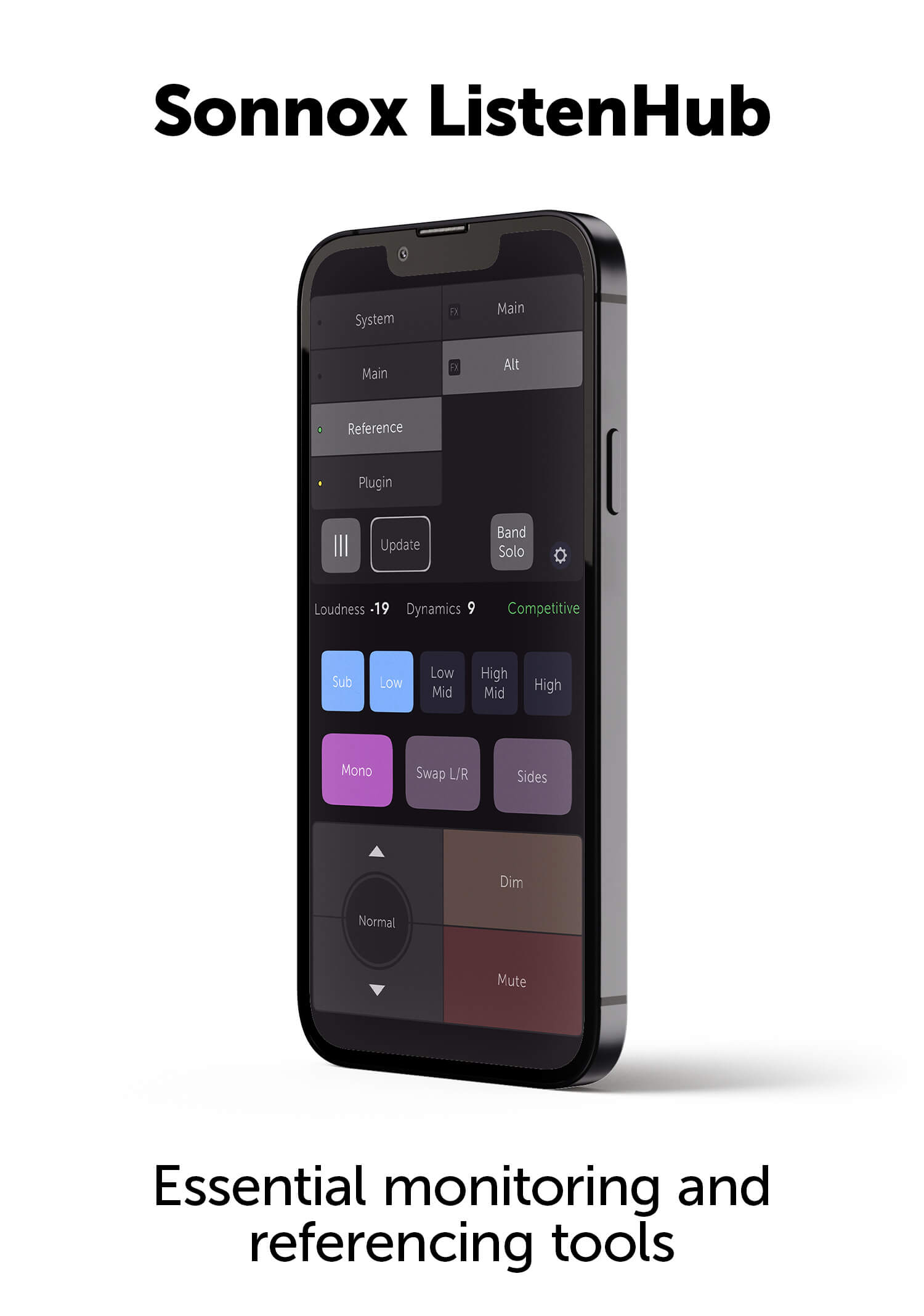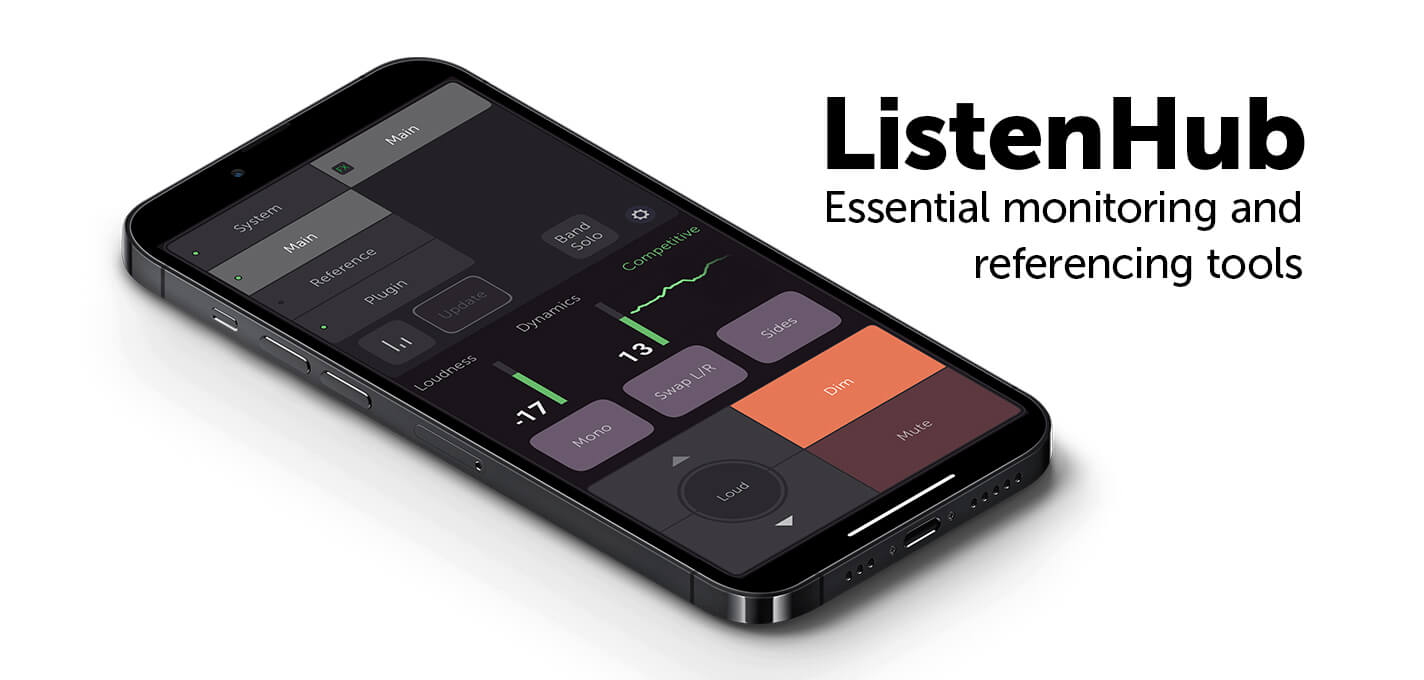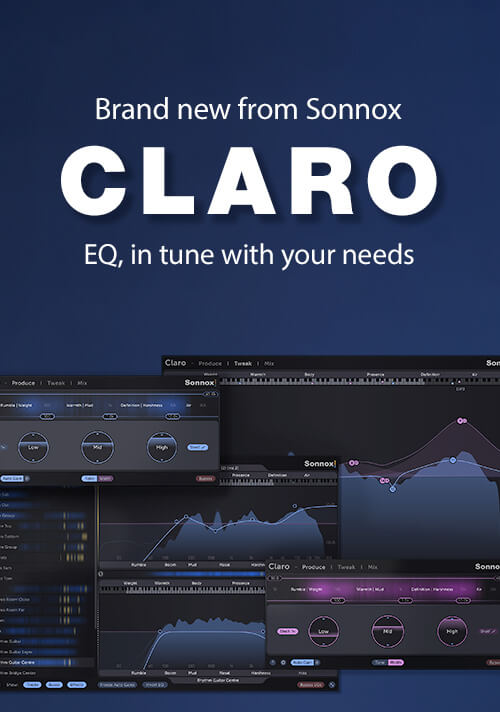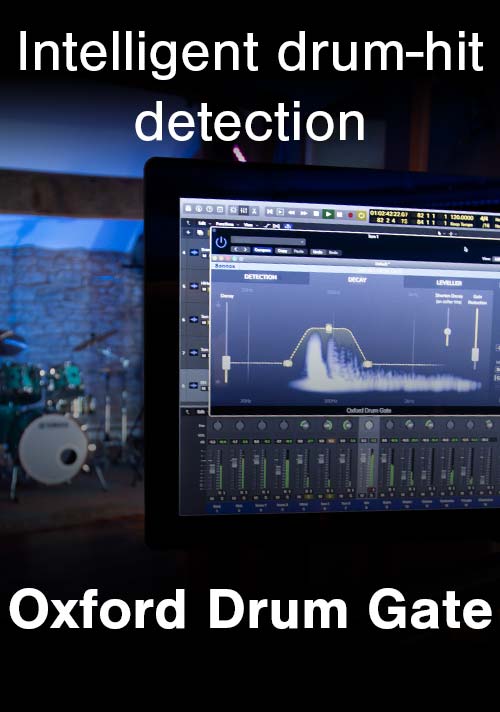Rik Simpson
Three Grammys for Coldplay's Viva La Vida
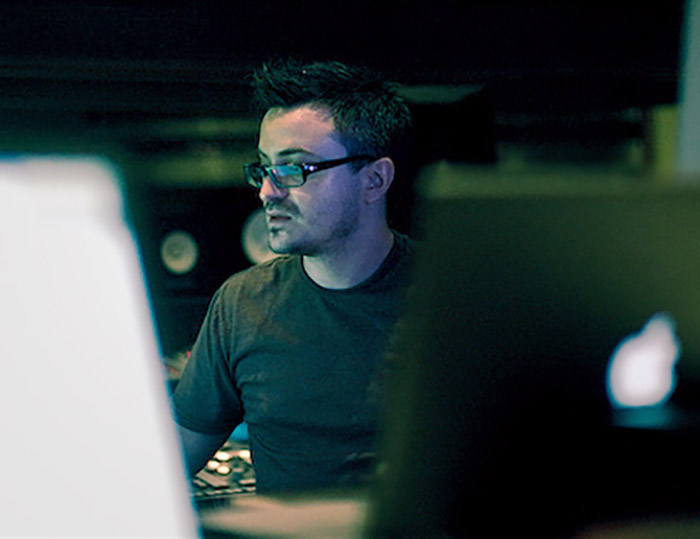
In his nearly 20 years behind the desk, Rik Simpson has embraced a technological evolution as dramatic as his own rise from studio assistant to Multi-Platinum producer/engineer. This commitment to keeping on top of new developments for improving sound quality and enhancing the artist's vision has turbocharged his skyrocketing career. Combining an intense work ethic, spot on artistic instincts and a gift for creative collaboration seems to be an unbeatable formula for success. We spoke with him while he was finishing up the latest Coldplay record and getting busy with the band down in Miami.
Tell us about your background. How did you get started in the biz, and how did you come up 'the chain'?
I left school early and as a young aspiring musician got a job making tea at Swanyard Studios in London. For a few years I juggled my assistants role with making music in a few bands (as singer/guitarist/keys etc.). I was also trying to learn how to make great records from both sides of the glass, watching over the shoulders of producers like Flood, John Leckie and Alan Moulder. Eventually, I settled in as house engineer at Eden Studios up until about 1998 (when I was 26).
I remember the first ProTools rig I worked on was a four track 16-bit monstrosity. It sounded like crap but the fact that you could comp' stuff seamlessly after transferring it from tape without having to get the razor blades out was amazing. The fact that I had all that old school recording background yet possessed a young enough mind to comprehend and get excited by the changes that were coming is something that I consider myself very fortunate for. It's like I was at the cusp of two worlds and could draw from the best of both.
Which are some of your favourite artists you've worked with?
In my early days I'd work for whoever would pay to have me! This actually helped me gravitate towards both personalities and musical styles that I felt an affinity with. These days I'm obviously more selective. I'd therefore say that my favorite artists have mostly been in recent years. Bands such as Coldplay have a very special spot in my heart; I find their honesty and exuberance in both their lifestyles and music exhilarating. I have never met people who are so driven - yet fair and understanding at the same time. Their work ethic is unparalleled in my eyes.
I have to mention three new bands I've been working with recently also, all of whom I love; The Robot Heart (emotive simplicity, they call themselves sci-fi folk, I'd call them organic futurists) and The High Wire (great songs) and Some Velvet Morning (a classic yet forward thinking 3 piece rock band).
In terms of DAWs, what platform do you work on?
I generally work in Pro Tools. I think it's probably the most stable of the platforms out there. I don't really use Digidesign hardware however, I usually try to find some nice Apogee (or Prism) AD/DA's which will work with Pro Tools.
I also love Logic Pro and find it intuitive, creative and the people at Apple are lovely. My ideal setup is a Logic rig for programmed and creative parts and a Pro Tools rig for tracking. I've also recently been experimenting by adding Ableton Live into the equation. I've found I really like its spontaneity and the random, happy accidents it sometimes throws out.
So tell us about Coldplay and Viva La Vida - the record won three grammy's and was nominated for seven I believe..?!
Yes, the record took us about 18 months and was a roller coaster! I don't want to go into it too deeply, but I came out the other side with a few more grey hairs than I went in with, and a whole load more confidence in my ability. When you work with a band that really push you to be the best you possibly can be, it's no surprise you learn a lot on the way and improve accordingly. I was tentative beforehand, but I'd like to think that the more trust was put in me, the more I was able to rise to challenges set out before me.
I also have to mention both Markus Dravs and Brian Eno, both of whom were always supportive and inspirational. Markus in particular took me under his wing and I think we ended up learning a lot from each other (he still phones me weekly with questions about the machinations of Melodyne).
Which Oxford plugins did you use on it?
Obviously the Dynamics, Limiter and EQUALIZER
; they're standard first ports of call in many a studio I've worked in. I bought the SuprEsser when it came out towards the tail end of the project and I really like it's versatility. It can do anything from taming harshness on strings to removing clunks from an over-exuberant control room vocal performance.
Any specifics, such as settings for vocals, bass, drums, etc.?
Not really, I couldn't tell you exact settings, as I just mess around until the picture is making sense, both in the 2D (L-R) and the 3D (immersive depth). I'm a big fan of pumping compressors, if you can get similar release times between bass and drums the whole thing dances and creates space for weirdness.
If you had to pick a favorite Oxford plugin, which would it be and why?
Actually, one I haven't mentioned yet, the Inflator. In these dark days of over-limiting, it's great to find a process that does exactly the opposite - to my ear it adds punctuation to sounds. It's very easy to place treated sounds within a mix. The Inflator is a great piece of software. My philosophy is to remain open to new options as they present themselves. It's great to be grounded in the basics, but every so often the R&D wizards come up with stuff that can really make a difference in how you work and what you can accomplish."
Interview and editorial provided by Rich Tozzoli
